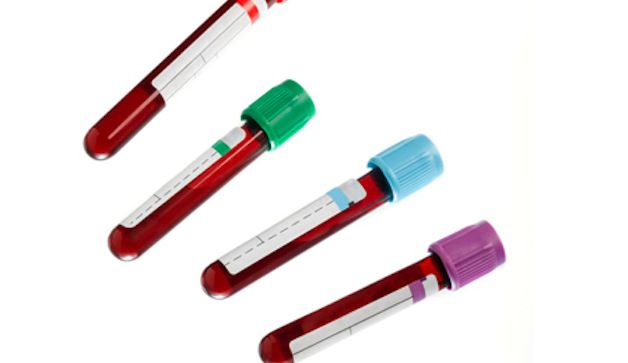Top Skills Every Medical Assistant Needs: Boost Your Career in Healthcare
Medical assistants play a pivotal role in the healthcare system, acting as a bridge between patients and healthcare providers. With a growing demand for healthcare services, it is crucial for aspiring medical assistants to develop a solid skill set that ensures their success. This article outlines the top skills every medical assistant needs to boost their career in healthcare.
Why Choose a Career as a Medical Assistant?
Choosing to become a medical assistant is a rewarding decision. Not only does this career offer stability and growth opportunities, but it also allows individuals to make a difference in patients’ lives. Here are some compelling benefits of this profession:
- Strong job outlook: The U.S. Bureau of Labor Statistics projects that employment for medical assistants will grow by 19% from 2019 to 2029, much faster than the average for all occupations.
- diverse work environments: Medical assistants can work in various settings, including hospitals, clinics, and private practices.
- Meaningful interactions: This role allows for direct patient engagement, making a notable impact on their care experience.
Essential Skills for Medical Assistants
To thrive as a medical assistant, certain key skills are vital. Below, we have categorized these essential abilities into three main areas: Clinical Skills, Administrative Skills, and Soft skills.
1. Clinical Skills
Clinical skills are essential for any medical assistant as they directly affect patient care.
- Medical Knowledge: Understanding basic medical terminology, anatomy, and procedures is crucial for assisting healthcare providers effectively.
- Patient Care: Being trained in vital signs monitoring, phlebotomy, and other patient care techniques enhances the quality of patient care.
- Clinical Procedures: Familiarity with common procedures such as administering injections, assisting in minor surgeries, and sterilizing equipment is essential.
2. Administrative Skills
Medical assistants often juggle several administrative tasks, making strong organizational skills necessary.
- Medical coding and Billing: Understanding how to code patient visits and manage billing cycles ensures proper reimbursement and smooth operations.
- Scheduling Appointments: Effectively organizing patient schedules helps to maintain an efficient workflow.
- Electronic Health Records (EHR) Management: Proficiency with EHR systems is essential for maintaining accurate patient records and facilitating communication among healthcare providers.
3. Soft Skills
Soft skills are equally critically important in establishing rapport with patients and colleagues.
- Communication: Clear and empathetic communication with both patients and medical staff is key in ensuring understanding and delivering quality care.
- Teamwork: Working well in interdisciplinary teams enhances patient outcomes and fosters a positive work environment.
- Time Management: Prioritizing tasks effectively in a bustling environment is critical for providing timely patient care.
Table of Essential Skills for Medical Assistants
| Skill Category | Key Skills | Importance |
|---|---|---|
| Clinical Skills | Medical Knowledge, Patient Care, Clinical Procedures | High |
| Administrative Skills | Billing, Appointment Scheduling, EHR Management | High |
| Soft Skills | Communication, Teamwork, Time Management | Medium |
Practical Tips for Developing Medical Assistant Skills
Building these essential skills takes time and effort.Here are some practical tips to enhance your abilities:
- Enroll in Training Programs: Formal education can provide a solid foundation in both clinical and administrative skills.
- Seek Internships: Real-world experience is invaluable. Internships allow you to apply your skills in a practical setting while learning from seasoned professionals.
- Join Professional Organizations: Becoming a member of organizations, such as the American Association of medical Assistants (AAMA), can provide networking opportunities and additional resources.
- Participate in Workshops: Continuous education through workshops helps keep your skills updated and provides insights into new technologies and practices.
Case Study: Prosperous Medical Assistants
consider the journey of Sarah, a medical assistant who capitalized on her skills to advance her career:
“I started as a medical assistant not knowing much about the industry. By focusing on developing my clinical skills and gaining experience through various internships, I not only improved my competencies but also built a strong professional network. Now, I supervise a team of medical assistants at a busy clinic.” – Sarah, Certified medical Assistant
Conclusion
becoming a successful medical assistant is more than just performing tasks; it’s about continually growing and adapting in a dynamic healthcare environment. By honing the essential skills outlined in this article—clinical expertise, administrative proficiency, and soft skills—you can considerably boost your career in healthcare. Remember, the journey is ongoing, and embracing lifelong learning will help ensure you remain a valuable asset in the medical field.
